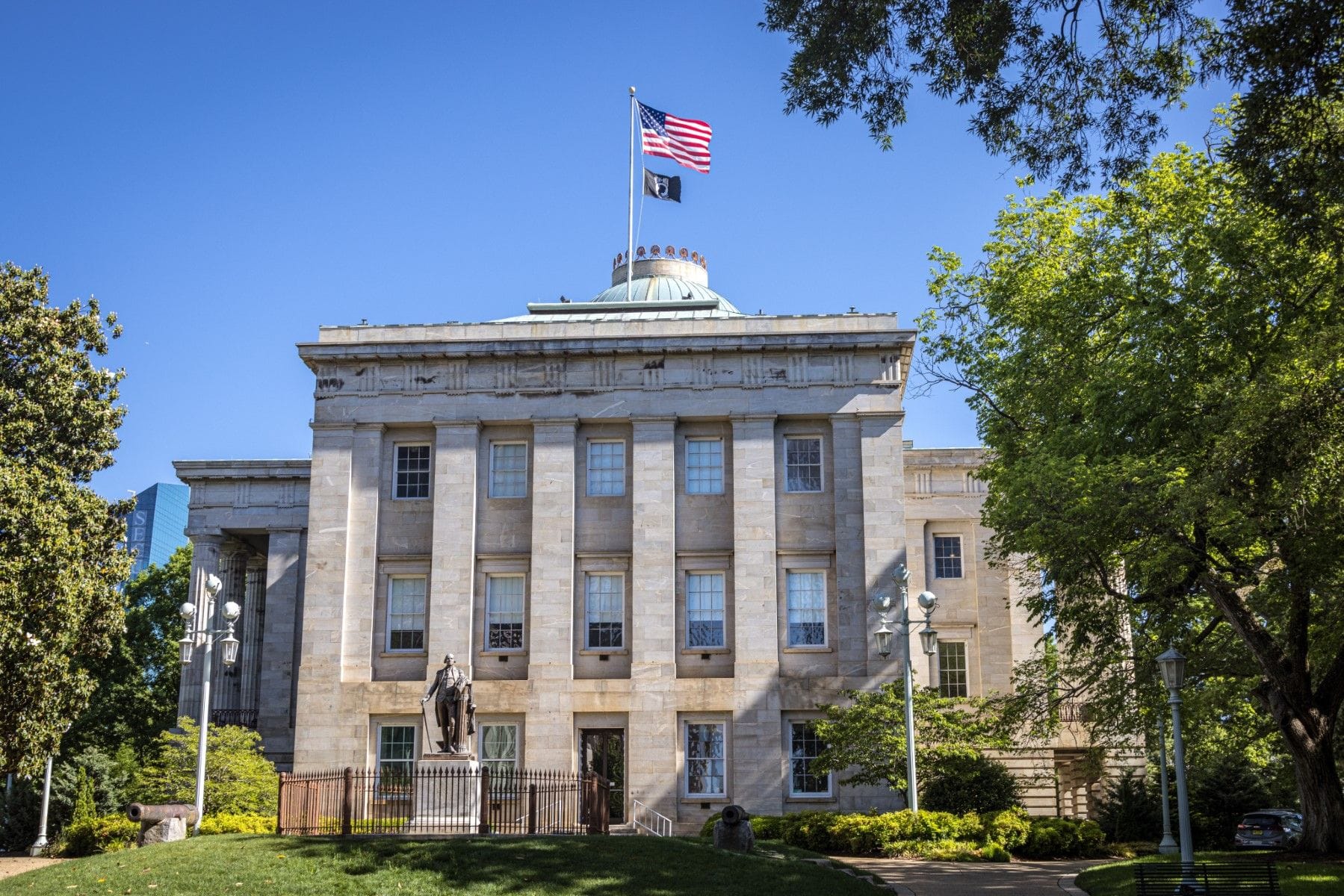North Carolina Expert Witness Report Rules
North Carolina's expert witness rules allow flexibility in reporting and disclosure, prioritizing fair trial proceedings without mandatory formal reports.
Updated on
In this article
Are Expert Witness Reports Required in North Carolina?
In North Carolina, expert witness reports are not automatically required under state law or court rules. The state's discovery procedure for experts is modeled on the pre-1993 federal rule, which mandates disclosure upon request rather than by default. Under N.C. Gen. Stat. § 1A-1, Rule 26(b)(4), a party can request through interrogatories that another party identify each expert witness expected to testify, along with the subject matter and substance of the facts and opinions expected to be presented. The responding party has the option to provide a narrative of the expert's opinions or attach a report if one is available. Deadlines for expert witness designations and reports are often included in scheduling orders issued by the courts, although the exchange of formal reports is typically by agreement. Expert depositions are permissible, generally occurring after the expert's opinions have been summarized in writing (N.C. R. Civ. P. 26(b)(4)(b)).
What is Required in a North Carolina Expert Witness Report?
North Carolina deviates from the federal standard in that a formal expert witness report is not a mandatory requirement. However, when expert opinions are disclosed, they should include:
- Opinions and their bases
- Data considered by the expert
- Exhibits used to support the opinions
- Qualifications of the expert
- Compensation details
The state allows for flexibility in how this information is presented, either through a narrative response or a formal report if one exists. The absence of a strict requirement for a formal report distinguishes North Carolina's practice from the federal rules.
Scope and Authorship of the Report
In North Carolina, the authorship of expert witness reports can involve the expert and legal counsel. While the expert primarily drafts and signs the report, attorneys may be involved in preparing and shaping the content to ensure compliance with procedural requirements. The scope of the report may vary depending on the nature of the expert testimony or the specific case type. The extent of attorney involvement should align with ethical guidelines to avoid undue influence on the expert's opinions.
Missing, Deficient, and Untimely Reports
Failure to provide a necessary expert report, or submission of an incomplete or late report, can lead to significant consequences in North Carolina. Potential sanctions include:
- Exclusion of expert testimony at trial
- Court-imposed penalties under N.C. Rule 37
- Orders compelling further disclosure or expert depositions
Courts aim to prevent surprise at trial, and non-compliance with discovery requests can lead to exclusion or other judicial remedies.
Original, Supplemental, and Rebuttal Reports
North Carolina's rules do not explicitly differentiate between original, supplemental, and rebuttal reports as seen in federal practice. However, the practice of supplementing or rebutting expert testimony may occur as needed, contingent upon court orders or agreements between parties. The rules allow for a motion if further discovery is required, such as additional expert depositions or disclosures, to address new information or rebut opposing experts' opinions.
Relevant State Rules and Legal Requirements
The applicable rules governing expert disclosures in North Carolina are found in N.C. Gen. Stat. § 1A-1, Rule 26(b)(4). Notable case law interpreting these rules underscores the importance of preventing surprise and ensuring fair trial proceedings. While North Carolina's approach is less rigid than the federal system, it provides mechanisms for parties to obtain necessary expert information through discovery requests and court orders. Differences from federal practice include:
- Disclosure upon request rather than automatic report submission
- Flexibility in report format and content
- Emphasis on preventing trial surprises through judicial oversight
This approach reflects a balance between procedural efficiency and the need for comprehensive discovery in litigation.


